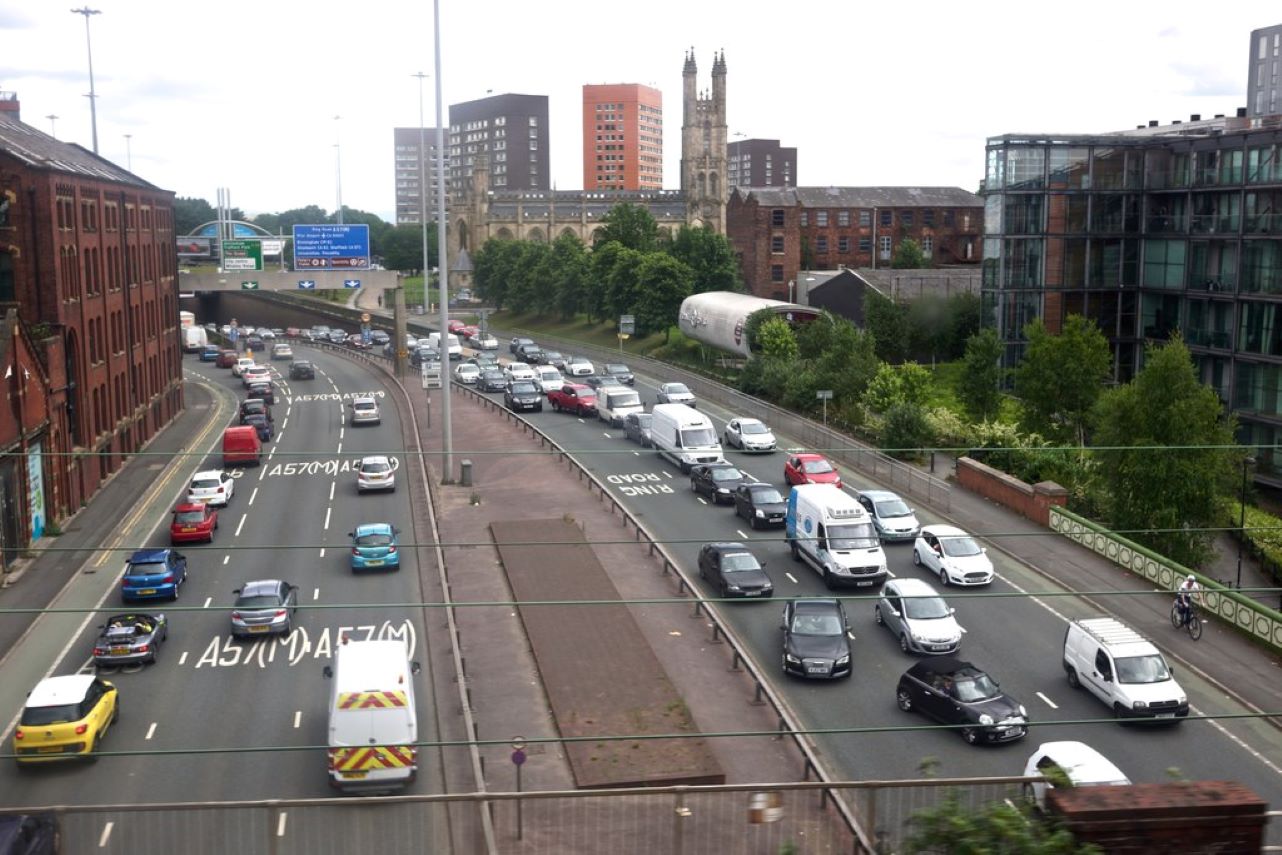The decision, announced on 23 January 2025, follows a rigorous assessment of Greater Manchester’s alternative proposal to meet legal nitrogen dioxide (NO2) limits without a CAZ. The approved plan aims to achieve compliance with air quality targets faster than charging-based measures.
Key elements of the plan:
- Bus fleet upgrades: £51.1 million will be allocated to replace or upgrade buses, including 40 zero-emission buses, 77 Euro VI standard buses, and the required charging infrastructure.
- Taxi transition support: £8 million will assist taxi drivers in upgrading their vehicles to cleaner models.
- Traffic management: £5 million will fund local traffic management initiatives to reduce congestion and improve air quality.
- Administrative costs: Up to £21.9 million will cover the plan’s administration, monitoring, and delivery.
Local leaders can also cancel existing contracts related to the previously proposed Clean Air Zone, including signage and camera installations.
The UK is legally bound to reduce nitrogen dioxide emissions to an annual average of no more than 40 micrograms per cubic metre. To meet this target, seven other regions in England, including Birmingham, Bath, and Bristol, have implemented Clean Air Zones. However, Greater Manchester demonstrated that its investment-led approach would achieve the same results without imposing additional financial burdens on motorists.
The Road Haulage Association (RHA) welcomed the decision, emphasizing its support for investment in cleaner vehicles and infrastructure.
“This is a welcome boost to businesses struggling with soaring costs. We continue to call for existing charging Clean Air Zones elsewhere to be closed down once legal air quality targets are met,” stated Chris Ashley, Senior Policy Lead at the RHA.









